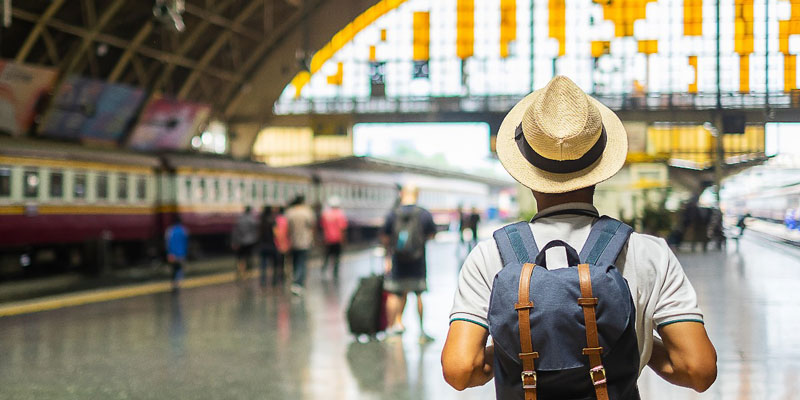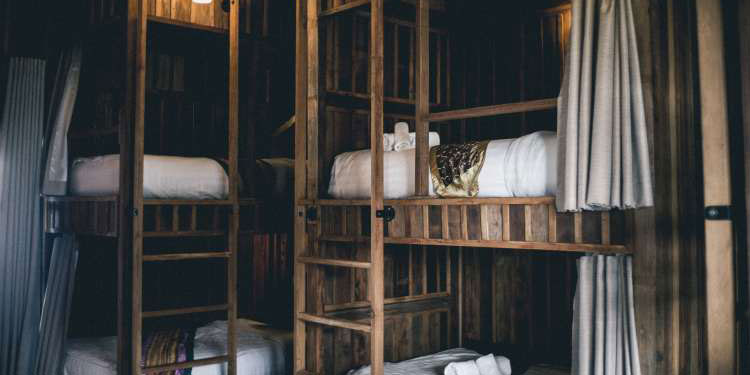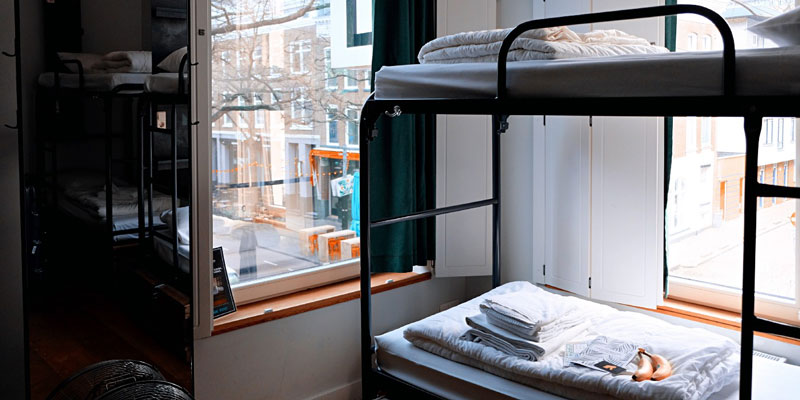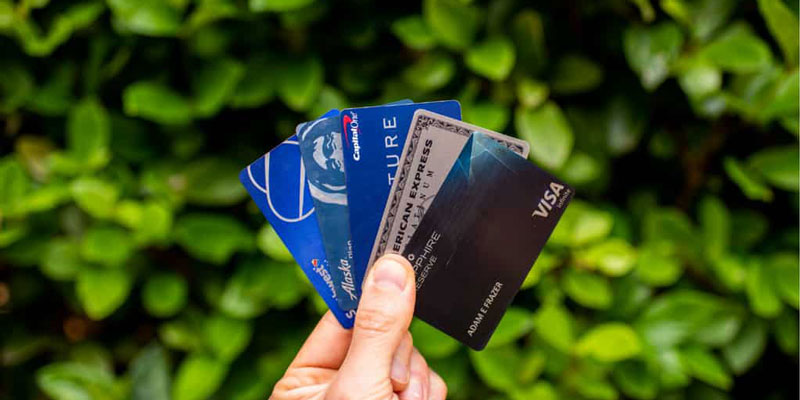'I'm always on the move for my professional and personal interests. Even though I haven't travelled to all the nations on the planet, I don't dispute that I am a 'global traveller'. Over the years, I've been the target of more than my fair share of foreign espionage. Snooping is something I've experienced myself. Spam from countries I've visited doesn't surprise me anymore. My best assumption is that my email was intercepted, and someone within the nation captured my email address.
'
'
'
'Be Aware Of Your Rights
''
'
'Before going to a new nation, be aware of your 'legal rights' and responsibilities. It is just as important to learn about a country's legal rights to your personal information as it is for you to learn about the currency and exchange rate. There's a good chance that you'll be surprised to find that you lose all of your privacy and Constitutional rights when you cross the border.
''
'
'Crossing the border into another country is a legal no-land. Man, I once had an American coworker ask to turn on his laptop, give them his encryption key, and allow them to copy his digital files at the border because he came to the U.S. so frequently.
''
'
'Protect Copied Data
''
'
'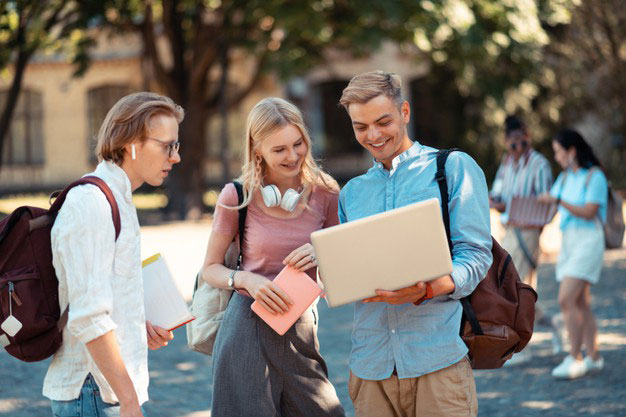 '
'
'
'
'As a user of Microsoft's Active Directory Rights Management Service, which encrypts data everywhere it is copied, I admire this type of data protection greatly. To put it another way, it is highly improbable that border agents or spies will ever have access to your data.
''
'
'Leave Data At Home
''
'
'You're better off not bringing any data with you at all. Today, I save all my personal information on the cloud, which is convenient. Because I disable the syncing option on my laptop before leaving, I don't have any data on it at all. After returning from a trip, I re-enable the local cache to preserve my changes and alterations. In this case, I can use the same procedure, but I'll utilise a different device that didn't already have the data.
''
'
'Always Select The Safest Network
''
'
'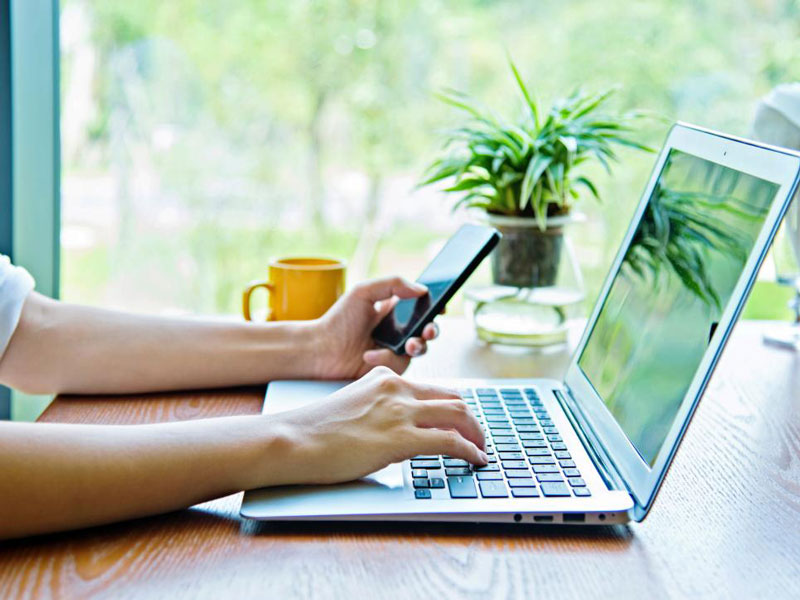 '
'
'
'
'It would help if you always chose the most secure network option available, whether you're travelling abroad or within the country. Any free Wi-Fi or Bluetooth connection should be treated with extreme caution. As a precaution, verify that you're connected to legitimate Wi-Fi hotspots, not hacker-created ones.
''
'
'Use HTTPS
''
'
'TLS-enabled HTTPS should be used for all your 'web surfing', or at least for the websites you use for authentication. The last thing you need is a thief lurking about your network. Wireless connections should not attempt to create bogus digital certificates on your computer to man in the middle of the connections. Today, it's more frequent than ever before. 2FA techniques may not function if you use a phone or messaging service that doesn't have voice or internet connectivity, so it's crucial to keep this in mind.
''
'
'Use A Virtual Private Network (VPN)
''
'
'Whenever feasible, use your company's VPN. If your VPN employs split-tunnelling, you should know which traffic is safe and which is not. When Fajer travels, he uses his VPN router to ensure that all connections are secure. Anonabox is one of my favourite services.
''
'
'Install Privacy Screens
''
'
'I guess you could say I'm a bit of a dinosaur. A privacy screen always protects my laptop on the road, so no one can see what I'm reading or writing. 3M privacy screens are among the most adaptable and secure on the market.
''
'
'Make Use Of Disposable Accounts
''
'
'It's a personal preference not to use other people's computers, but there are instances when it's unavoidable. When travelling, I frequently utilise disposable email addresses and cloud storage accounts on those PCs. As an example, I use a throwaway account to print out my plane tickets so that I may pick them up and print them at the hotel. Hotel computers are an ideal target for spyware and keyloggers.
''
'
'Lock Devices
''
'
'Locking your computers whenever you're not using them is a no-brainer, even in your hotel room when you're taking a shower.
''
'
'Ensure The Safety Of Your Gadget
''
'
'If you don't have to, don't bring your normal gadget with you on excursions. It doesn't matter if you're using the computer as your primary device or only for vacation. Securely set up, with all security updates implemented, and with a host-based firewall and host intrusion prevention software installed as well, it should be safe.
''
'
'Don't Broadcast Your Location
''As a final piece of advice, don't reveal your present location to anyone. Every time someone uses social media, something like this will happen. The fear gripping me may be to blame, but I've never understood my pals announcing to the world that they're on vacation or that their spouse or children are at home alone while they're away. I enjoy posting images and videos of my travels on social media.
'